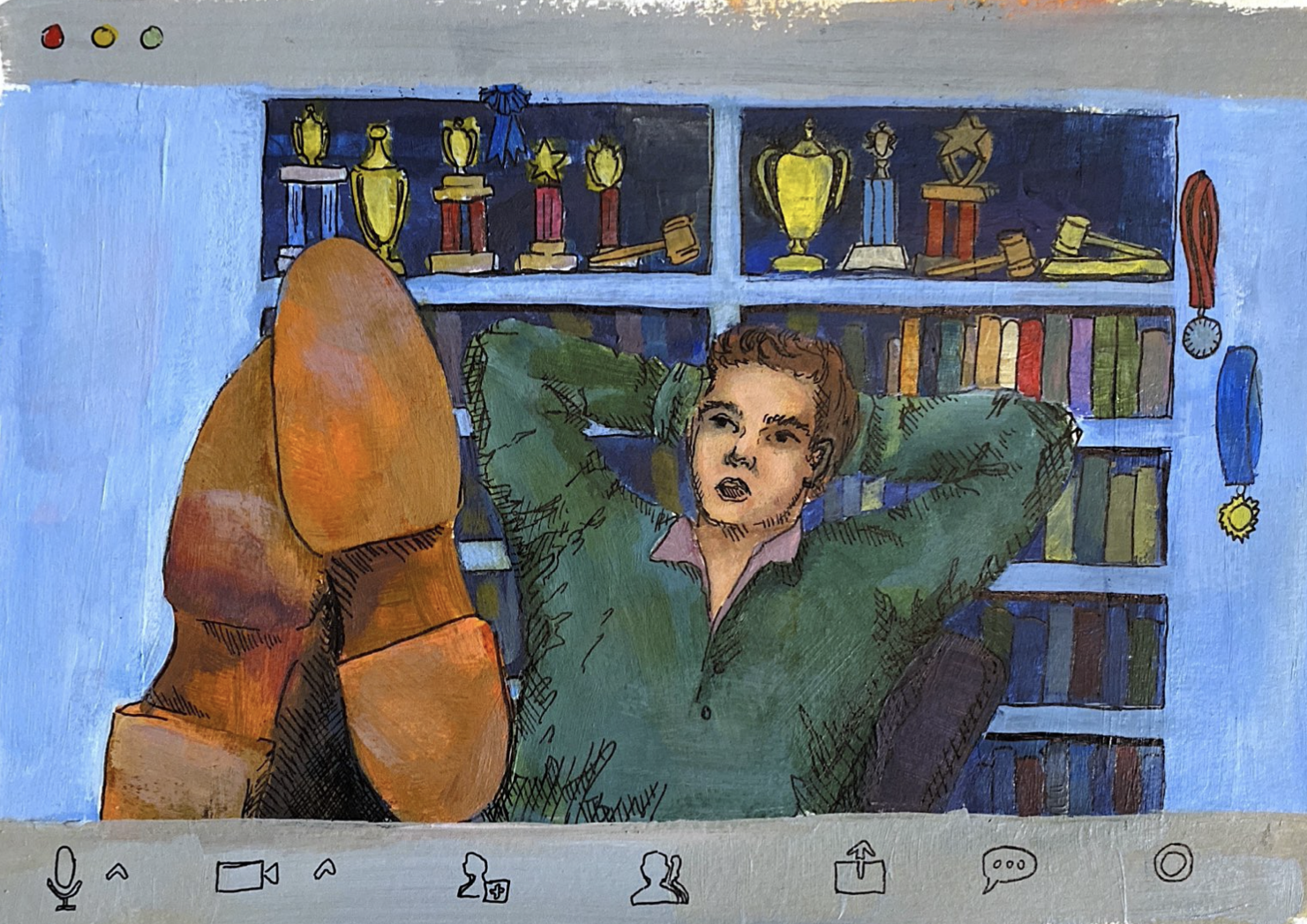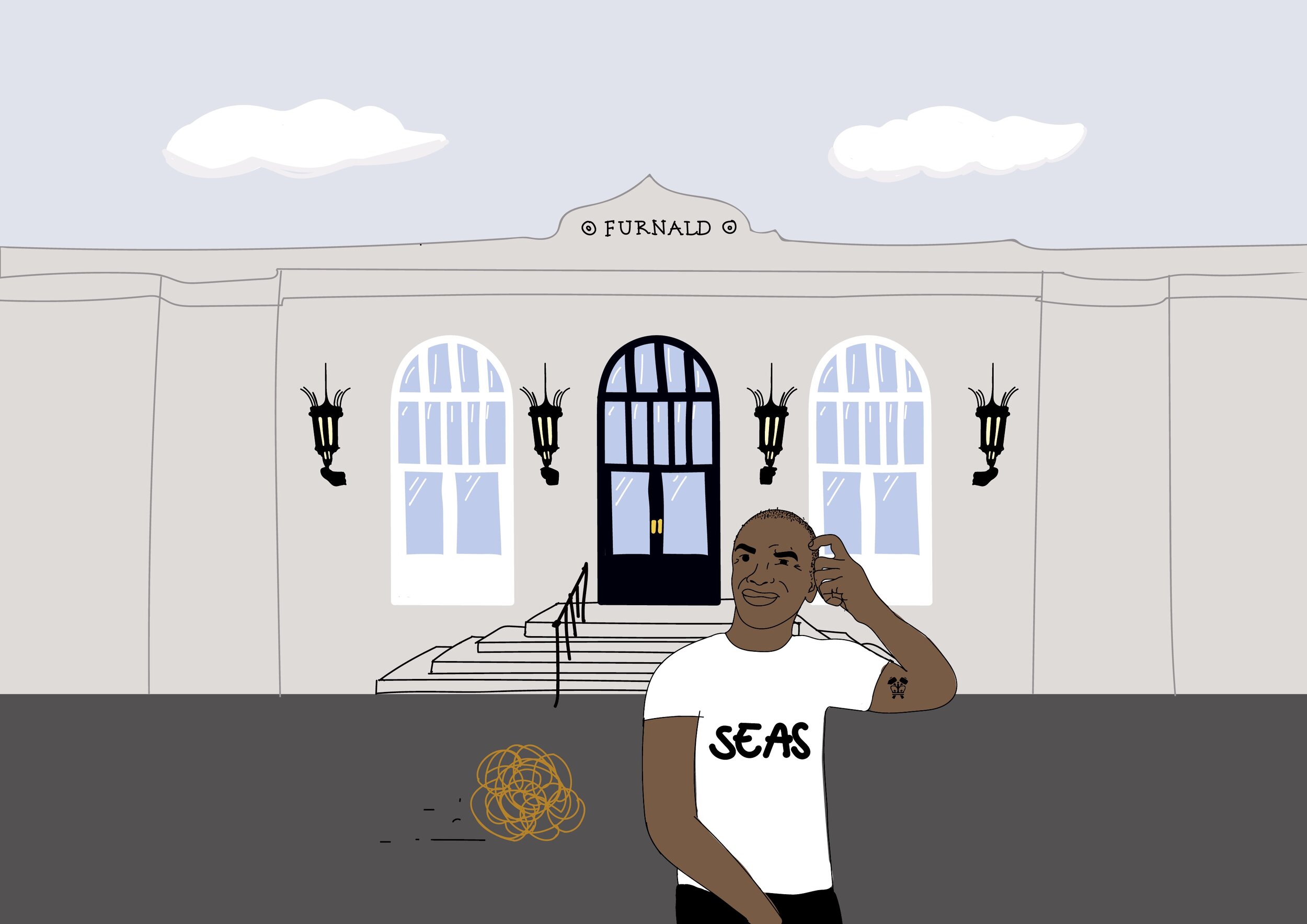

Much has been said in recent years about regulation of our financial institutions. Politicians cry out for the chopping up of big banks, claiming they have too long gambled with the livelihood of the American taxpayer, too long suckled on the sweet, supple, perky life-giving teat of the government to patch up their mistakes. But I beg my fellow Columbia students to take a closer look, and see that these are not overgrown monsters but gentle giants capable of incredible displays of devotion, committed and passionate lovers whose breakup would be a romantic tragedy of historical proportions.
Consider, for a moment, the heart-melting tenderness of a modern corporate merger. A bank spots a young, nubile brokerage firm from afar, a glint in his eye. “Oh, baby,” he thinks to himself, “I’d tap those assets.” A whirlwind courtship begins — one day, he strides over to her corporate offices; dripping with charm, he slides her his letter of intent. She coyly agrees to show him her books. Warranties and asset valuations fly, and one hulking, gently throbbing merger agreement later, the union is complete.
It would be a travesty, I tell you, a crime against humanity, to stand in the way of such love. Who among us, remembering his own first courtship, could still clamor for the breaking up of banks, could still muster the heartlessness to deny such companies their own chance at love? If this does not move you, I implore you to think of the children. Think of the young analyst at Goldman Sachs, having just closed his first big deal. In a delicious haze induced by cocaine and Red Bull, he relishes the succulent sense of accomplishment: with nothing but Daddy’s sweet connections, he has hauled himself from the base ranks of the 1% to the Olympus that is the 0.1%.
Are we such barbarians, I ask you, that we would deny posterity the chance to savor that sweetness themselves? That is no love at all, but rank selfishness.
Today, I exhort the American public to not make the mistake of assuming size is a barrier to love. We do not tell morbidly obese couples they are unworthy of adoration. We do not find them, in their places of intimacy, and tell them there is no beauty in their fleshy unions, in the out-of-breath exertions of doughy limbs — for there is a beauty there, the same beauty of our banks’ bulging, bloated bureaucracies, their engorged apparatuses.
If we can but overcome our narrow definitions of love and abandon these foolhardy demands for separation, we may finally achieve the unity this country was built upon, and come to lubricate Big Banking with our sweet adoration as it plumbs new depths inside our country.











